Gipuzkoa: The tiny Basque province proving to be a gold mine of top football managers
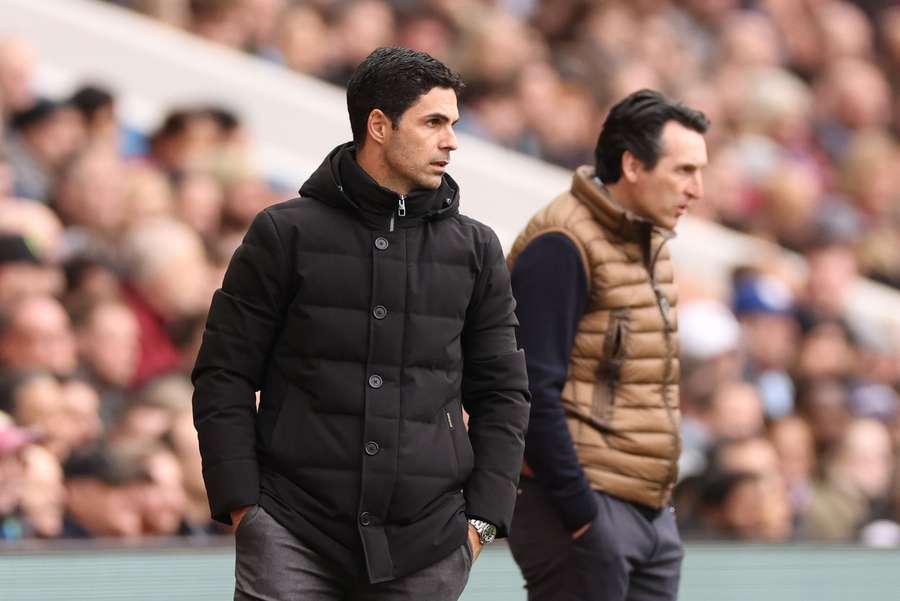
This tiny slice of land has a population of around 700,000 people and is known touristically for its beautiful coastlines, outstanding produce and world-class restaurant scene. Indeed, the region's capital Donostia-San Sebastian, home of Real Sociedad, has the highest concentration of Michelin stars in Europe.
But aside from its culinary delights and scenic attractions, the region is fast becoming known as a gold mine of football coaching talent.
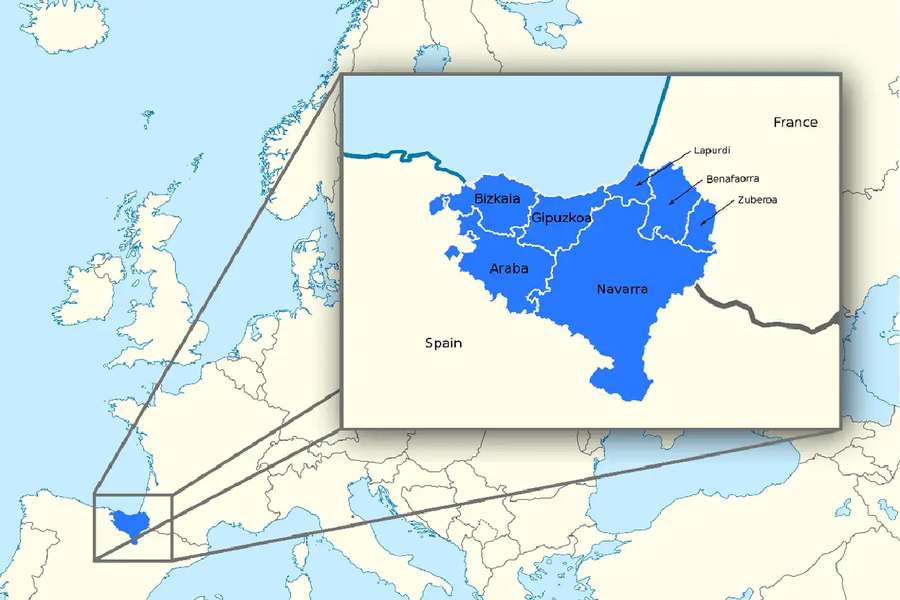
Let’s have a closer look at the journeys of six managers from Gipuzkoa that are putting the region on the footballing map thanks to their exploits in some of Europe’s best leagues.
Mikel Arteta - Arsenal
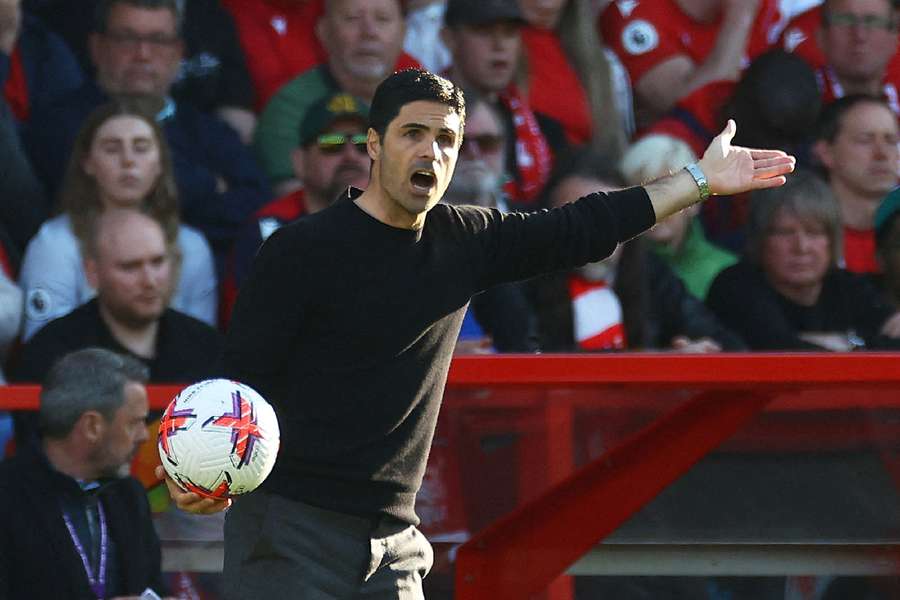
Born in Donostia-San Sebastian, Mikel Arteta (41) is a globally recognisable football manager these days thanks to his achievements with Premier League side Arsenal, most significantly of which was finishing second in the season just completed.
As a youngster, his talents as a player took him from his local side Antiguoko to Barcelona’s famed La Masia academy at 15, where he would meet Pep Guardiola for the first time. He moved on to Rangers after a loan spell at PSG where he played alongside Mauricio Pochettino.
After a stint back at his home town club, Real Sociedad, Arteta made the move to England, where he has since established himself amongst the footballing furniture. Following over six dutiful seasons in Everton’s midfield, he left Goodison Park for Arsenal, becoming an integral part of late-era Arsene Wenger’s Gunners.
Upon retiring, he was offered coaching roles at Arsenal, Spurs (alongside Pochettino) and Manchester City, where he'd be under the guidance of Guardiola. He chose the latter and from that launchpad, he was later offered the Arsenal job in December 2019 following the dismissal of Unai Emery - also from Gizpuzkoa.
The tactical impressions of his tutelage at City are clear to see in his style of play - specifically, the use of the increasingly ubiquitous inverted full back. A couple of signings from City have also helped him take Arsenal back into the Champions League after a six-year absence, not to mention to the brink of their first title in 19 years.
Interestingly, when Arteta left City for pastures anew in London, he was replaced as Guardiola’s assistant by Juan Manuel Lillo - another man from Gipuzkoa.
Unai Emery - Aston Villa
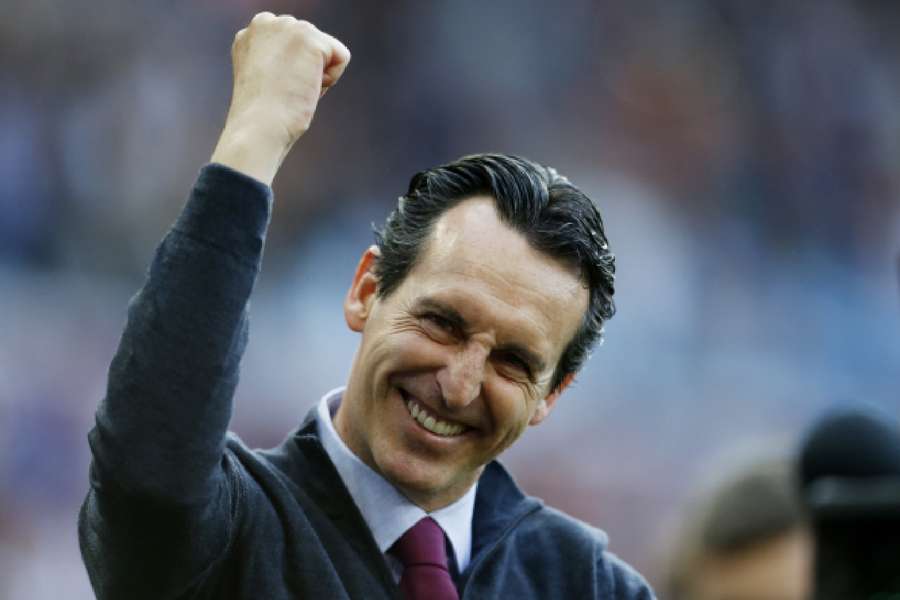
As mentioned, Arteta’s predecessor at Arsenal is another man from Gipuzkoa. Born right on the Spanish and French border in the quaint city of Hondarribia, Unai Emery (51) was less well received by the British press during his time at the Emirates helm than his successor.
Nonetheless, Emery is a brilliant manager as proved not only by his exploits at Aston Villa last season - turning their campaign from relegation-threatened to European qualification - but his consistent success over the years.
Emery’s playing career started in the youth academy at Real Sociedad but he only registered a handful of first-team appearances for La Real before migrating down the divisions in Spain. It was an injury that led to his transition from player to coach at Lorca Deportivo in 2004 and he immediately led the club to their first-ever promotion to the second division. The very next season they finished five points off promotion to LaLiga.
His next challenge was at Almeria. He took the side to LaLiga for the first time in 2006/07 and finished in 8th place the following season. This success led to his move to Valencia where, despite deep financial issues, he took the club into the Europa League in his first season before finishing third in three seasons on the trot in Spain's top flight.
After a failed stint at Spartak Moscow, he took over Sevilla and, quite incredibly, led them to three consecutive Europa League titles between 2014-16. He would go on to win that trophy again with Villarreal in 2021 after having taken Arsenal to the final in 2019. What's more, it’s easy to forget that in his two seasons at PSG (2016-18), before his appointment at Arsenal, he won five out of the six major domestic trophies on offer.
Emery will be leading his Aston Villa side into the Europa Conference League this coming season and you wouldn’t bet against this certified overachiever adding that trophy to his already glittering CV.
Julen Lopetegui - Wolves
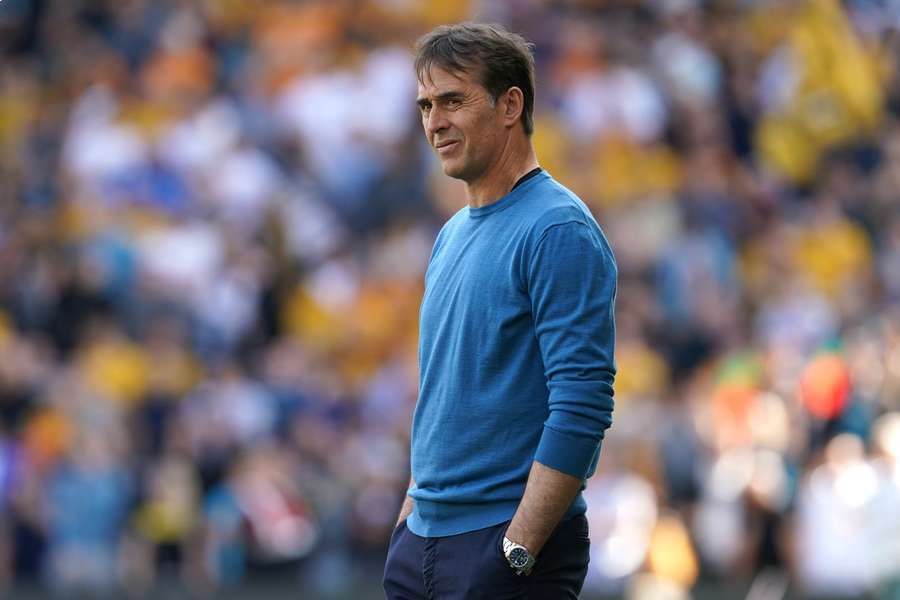
The most senior of the managers on the list, Julen Lopetegui (56), born in the town of Asteasu, has had a rather tumultuous coaching journey and an interesting playing career to boot.
A former goalkeeper, Lopetegui is one of only a few dozen players to have played for both Real Madrid and Barcelona. He struggled to establish himself at either iconic club, however, and spent the bulk of his career playing for Logrones and Rayo Vallecano.
His coaching career began as an assistant in the Spanish youth setup but he picked up his first head coaching role at Rayo in 2003. That was over almost as soon as it began when he was sacked just 10 matches into the season. Lopetegui then returned to one of his old stomping grounds when he took over Real Madrid’s Castilla reserve side in 2008 before finding himself in the international setup once again, overseeing Spain’s youth sides from 2010-14.
Following an underwhelming season-and-a-half spell in Porto (2014-16) which failed to yield any silverware, Lopetegui was announced as Vicente del Bosque’s successor in charge of the senior Spain team in July 2016.
After qualifying the side for the 2018 World Cup and even arriving with the team in Russia, however, the controversial and destabilising announcement that he would become the new Real Madrid manager following the tournament led the federation to relieve him of his duties before the tournament started.
Unfortunately for Lopetegui, Real Madrid didn’t go to plan either and he was out of that job before the end of October. Sevilla handed him a lifeline in 2019 and, in 2020, he followed Emery’s example in lifting the Europa League with the Andalusians - his first and only major honour as a manager.
In November last year, he was announced as the new manager of Premier League side Wolverhampton Wanderers, taking over after Bruno Lage’s dismissal and leading the club to a steady 13th-place finish last season.
Having now had time to implement his ideas with the squad, and confirming he will stay with the club following some uncertainty, the 2023/24 season will be crucial for Lopetegui and a chance to show a global audience why he is so highly rated in his homeland.
Andoni Iraola - Bournemouth
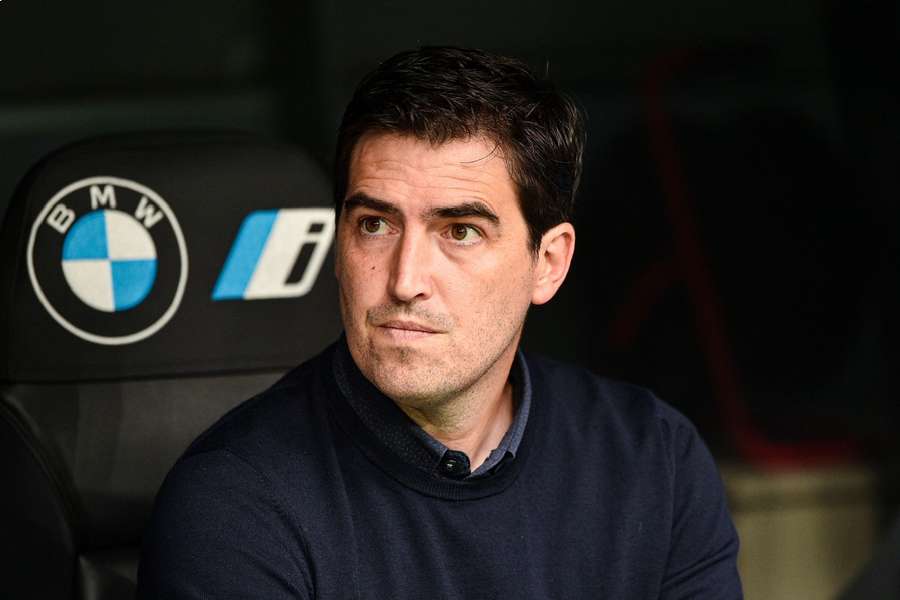
The latest addition to the Premier League’s quadrant of managers from Gipuzkoa, Andoni Iraola (40) has just recently been announced as Bournemouth’s new permanent coach, somewhat surprisingly to many, in place of the impressive Gary O’Neil who guided the club to a comfortable 15th-place finish.
Such is the rapidly growing reputation of Iraola, given his impressive work in the recent season at Rayo Vallecano, that Bournemouth’s leadership decided to “act quickly”, remove a successful manager and get their desired man as soon as Iraola’s contract had expired in Spain.
Another former player, Iraola started his youth career at Antiguoko, like Arteta, before moving to the academy of Athletic Bilbao, a club famed for its tradition of only ever using players born in the Basque Country or of Basque heritage. He went on to become a certified legend of the club, making more than 500 competitive appearances over 12 years. His time in Bilbao overlapped with Marcelo Bielsa’s two years at the club and the Argentine was certainly a key influence on the coaching career to come.
His managerial journey started with a forgettable spell in Cyprus with AEK Larnaca before he moved back to Spain to take over second-tier side Mirandes. He took the club to the semi-finals of the Copa del Rey in a giant-killing run in 2019/20, taking three LaLiga scalps along the way.
The following season he made the move to then-Segunda side Rayo Vallecano that has defined him as a coach. In the 2020/21 season, he achieved promotion to LaLiga via the playoffs and led Rayo to successful mid-table finishes in the following two campaigns despite having the lowest wage bill in the league in 2021/21 and third lowest in 2022/23 (according to capology.com)
Outstanding results aside, Iraola’s Rayo gained attention around the world for their super-high pressing style reminiscent of Bielsa’s brand of football. Last season, no side in Europe’s top five league won the ball in the final third more times than Vallecano. Make no bones about it, this is a man with a plan and, importantly, a vision of the game.
Imanol Alguacil - Real Sociedad
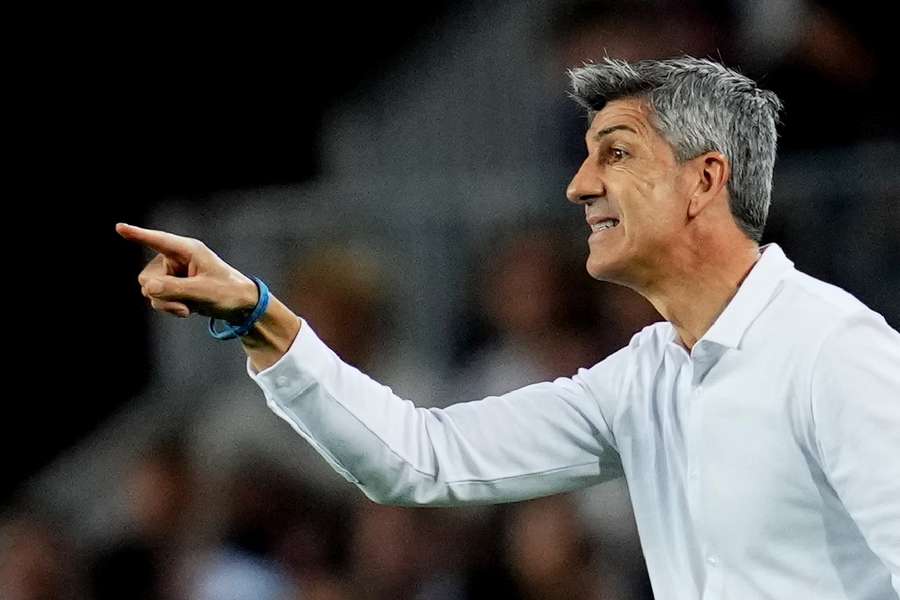
Currently in charge of Champions League-bound Real Sociedad, Imanol Alguacil (51) is from the fishing town of Orio and possesses deep connections to the San Sebastian-based club as a player and now manager. It should be obvious by now that the famous old club is truly at the heart of Gipuzkoa's footballing landscape.
After graduating from La Real's youth academy, Alguacil followed the well-trodden path to the reserves before making his first-team debut for the club in 1990. He went on to make over 100 league appearances before dropping down through the divisions.
He returned to his boyhood club as a coach in the youth academy in 2011. For years he flitted between leading the reserves, working as a first-team assistant (notably under David Moyes) and being in charge of the first team on an interim basis. He has been permanently in charge of the first team since December 2018.
Since the 2019/20 LaLiga season, Real Sociedad have not finished lower than sixth in the league with the zenith of Alguacil’s reign being last season’s fourth-place finish, taking the club into the promised land of the Champions League for the first time in 10 years.
Perhaps the crowning achievement of his time in charge, however, would be lifting the 2019/20 Copa del Rey by defeating their Basque rivals Athletic Bilbao in the final (held in April 2021 due to a COVID-19 postponement). His passion for the club was clear to see when he broke into a chant in his post-match press conference.
Curiously, for Real Sociedad to reach that final, they had to defeat Iraola’s Mirandes in the semis.
Xabi Alonso - Bayer Leverkusen
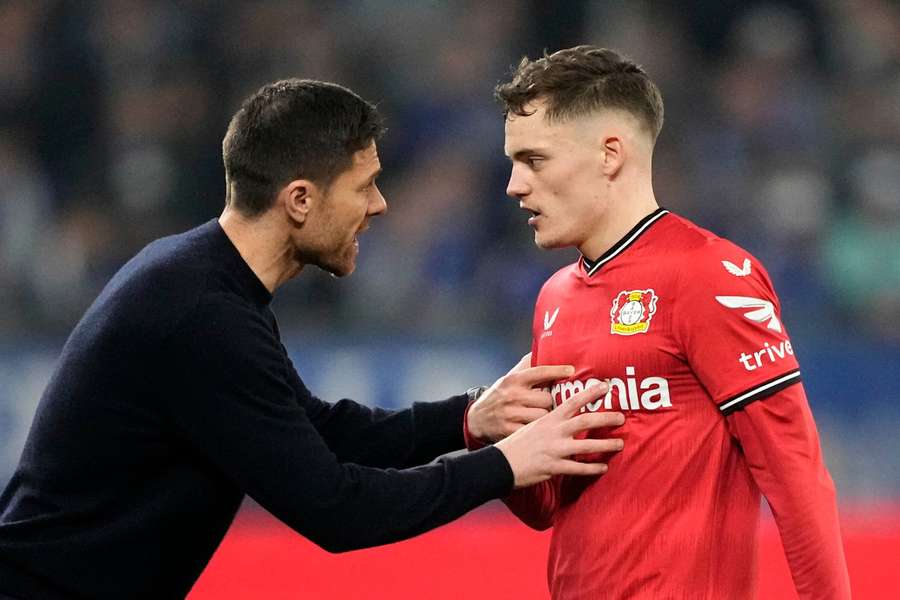
A childhood friend of Arteta’s, Xabi Alonso (41) was also a fine player. In fact, he was one of the great midfielders of his generation and part of Champions League-winning sides at Liverpool and Real Madrid, as well as Guardiola’s brilliant Bayern Munich, not to mention the all-conquering Spain side that won three consecutive major titles from 2008-12.
Like his aforementioned friend, Alonso turned from playing to coaching pretty soon after retirement, taking over Real Sociedad’s B side in the Spanish third tier and taking them up a division in his second season.
In October last year, he was appointed as the manager of Bundesliga side Bayer Leverkusen with the club languishing towards the bottom of the table. He guided them to an impressive sixth-place finish and thus into next year’s Europa League group stage.
Alonso also notably took Bayer to the semi-finals of last season's Europa League where they lost out to Jose Mourinho’s Roma in the narrowest of fashions. It finished 1-0 to the Romans over two matches but Alonso’s side dominated almost every single metric imaginable in the second leg.
It’s safe to say that it’s been a promising start to life in management for Alonso and all signs point to future success; he’s already been linked with major clubs around the continent and in the Premier League.
Whether there’s something in the water in Gipuzkoa - maybe something in the sea - or whether there's something about the footballing institutions in the region, there's no doubt that the tiny Basque province has become a gold mine for football coaching talent in the contemporary era.
